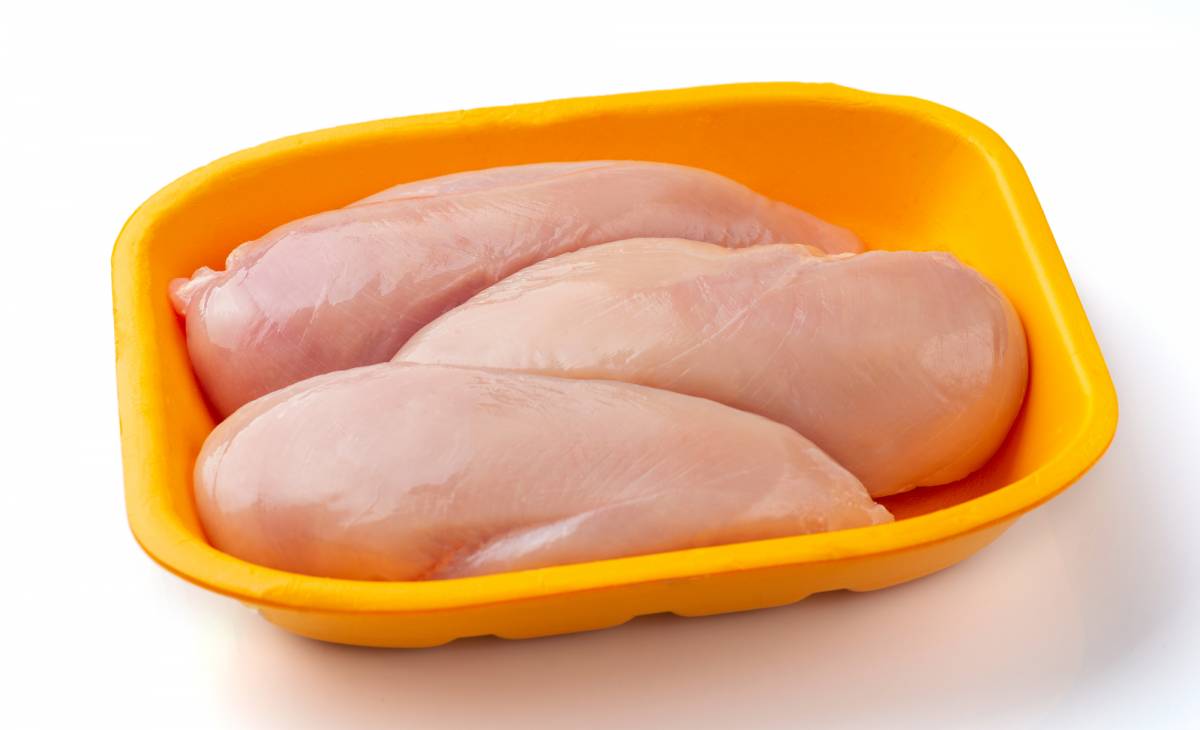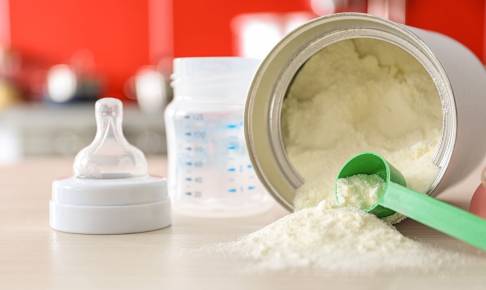Italy tightens rules on control of Salmonella in chicken and turkey meat
The Italian Ministry of Health has recently issued a circular, emphasizing the need to dispose of chicken and turkey meat in which traces of non-typhoid Salmonella have been found.
Among various variants of Salmonella, only some specific types are regulated under the European Commission regulation (EC) 2073/2005, which Italy has been following to control Salmonella. The EU regulation only specifies the absence of Salmonella enteritidis and Salmonella typhimurium (including its monophasic variant) as food safety criteria for fresh poultry meat. Meanwhile, the presence of other Salmonella is tolerated. However, it must be clearly stated on the product label that the meat is to be consumed after cooking thoroughly. In fact, these tolerated microorganisms can cause vomiting, diarrhea, nausea, headache, etc., if the meat is not well cooked.
In that context, the recently issued circular from the Italian Ministry of Health, which entered into force on February 15, 2022, suggests the need to dispose of all the meat that is positive for the previously tolerated Salmonella, considering that they are potentially dangerous for consumers. Reports show that 30% of human salmonellosis is caused by Salmonella other than Salmonella typhimurium and Salmonella enteritidis, which are currently regulated under the EU law.
The controls that are carried out regularly by the producers and by the authorities in charge often find cases of Salmonella in poultry meat. However, as the absence of only Salmonella enteritidis and Salmonella typhimurium is compulsory for food safety according to the current regulation, other variants of Salmonella remain tolerated. Therefore, the new circulation would put risk on the sale of poultry meat in Italy. According to producers, this decision to tighten the control of food safety regarding Salmonella could risk removing almost 50% of the chicken meat from the sale.
Sources:






















